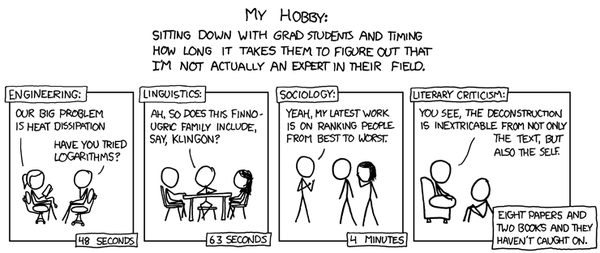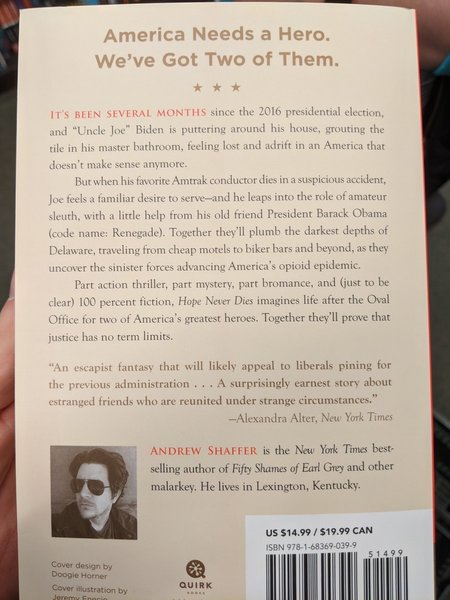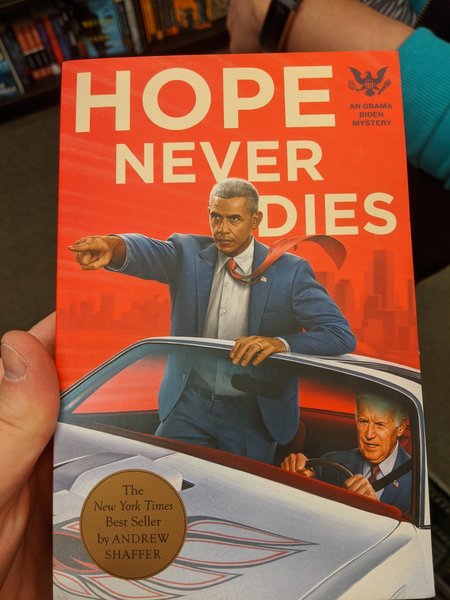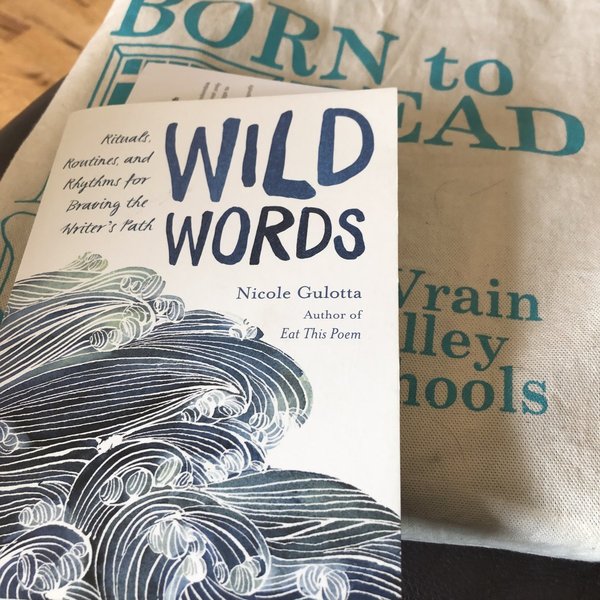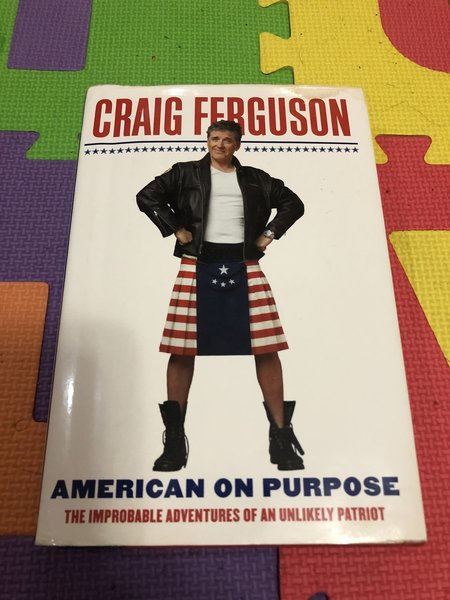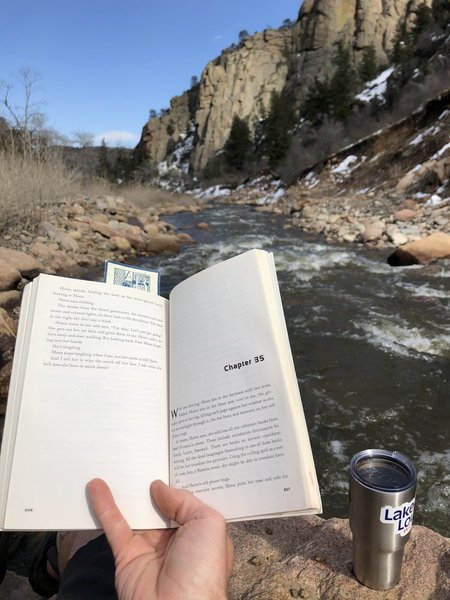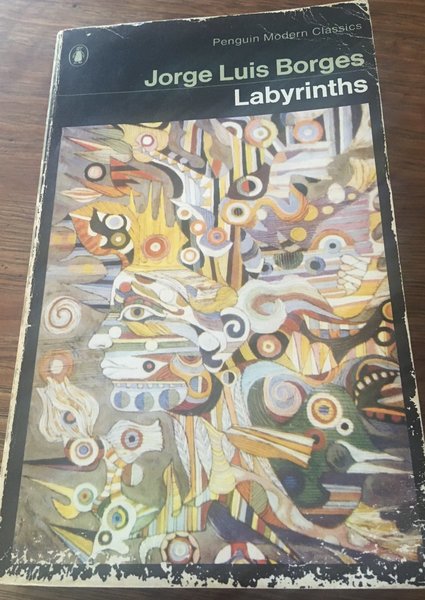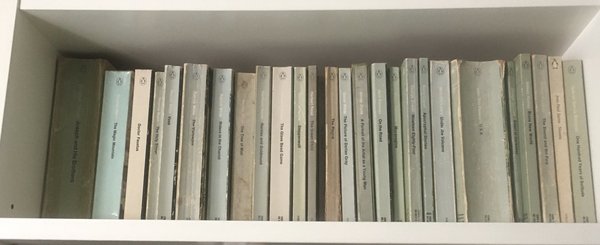FlyingMonkey
Distinguished Member
- Joined
- Sep 5, 2011
- Messages
- 7,131
- Reaction score
- 11,036
22. Life in the West by Brian Aldiss
Brian Aldiss was one of my favourite science fiction writers and I used to see him around a bit back when I lived in Oxford, where he was the literary critic for the local newspaper. However he didn't just write SF. His autobiographies are very good, and he also wrote two different sequences of literary fiction, which both have strongly autobiographcal elements (and a couple of other standalone novels). The first and more brash sequence was the Horatio Stubbs trilogy, and then there was the Squire Quartet, which starts in the early 1980s with Life in the West. In some ways, this is a typically English bourgeois novel, with family life and tensions around a small country house in Norfolk forming a major part of the story. But it also has things in common with David Lodge, with its sometimes very funny portrait of a pointless academic conference in Sicily, with lecherous male academics pursuing the one or two interesting women at the event. And then there is more than a touch of Le Carré too, with its Cold War backdrop, and the central character Thomas Squire, not only a popularizing of trendy cultural academic ideas in the manner of MacLuhan, but also a one-time intelligence operative in Yugoslavia, who is also assessing the Russian attendees at the event. It is somewhat dated, but that's partly because Aldiss is gently mocking many of the characters with their pretensions and prejudices, and the way in which they confirm to national and class stereotypes, but it's very well-written, witty and certainly worth your time.
I am now moving on to the other novels in the sequence, amongst other things.
Brian Aldiss was one of my favourite science fiction writers and I used to see him around a bit back when I lived in Oxford, where he was the literary critic for the local newspaper. However he didn't just write SF. His autobiographies are very good, and he also wrote two different sequences of literary fiction, which both have strongly autobiographcal elements (and a couple of other standalone novels). The first and more brash sequence was the Horatio Stubbs trilogy, and then there was the Squire Quartet, which starts in the early 1980s with Life in the West. In some ways, this is a typically English bourgeois novel, with family life and tensions around a small country house in Norfolk forming a major part of the story. But it also has things in common with David Lodge, with its sometimes very funny portrait of a pointless academic conference in Sicily, with lecherous male academics pursuing the one or two interesting women at the event. And then there is more than a touch of Le Carré too, with its Cold War backdrop, and the central character Thomas Squire, not only a popularizing of trendy cultural academic ideas in the manner of MacLuhan, but also a one-time intelligence operative in Yugoslavia, who is also assessing the Russian attendees at the event. It is somewhat dated, but that's partly because Aldiss is gently mocking many of the characters with their pretensions and prejudices, and the way in which they confirm to national and class stereotypes, but it's very well-written, witty and certainly worth your time.
I am now moving on to the other novels in the sequence, amongst other things.
Last edited:


